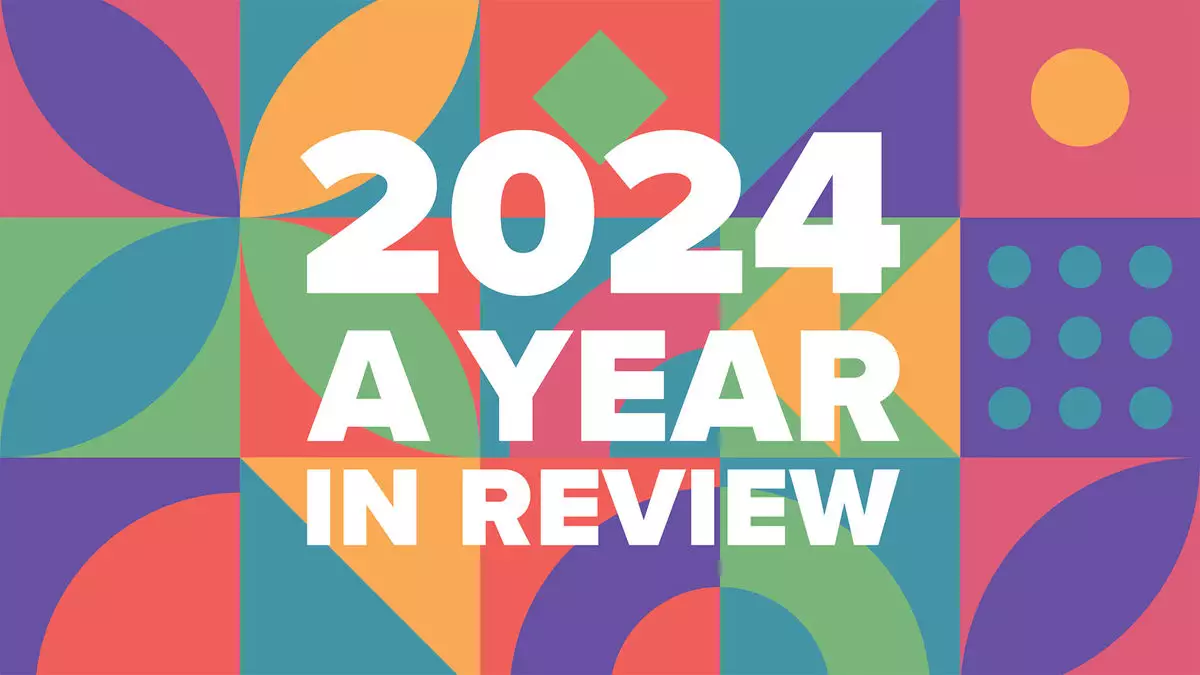As the landscape of the travel industry continues to evolve, the integration of artificial intelligence (AI) has become a pivotal shift that is harder to overlook. A recent survey conducted by Travel Weekly reveals an impressive uptake of AI technologies among travel advisors, particularly in light of the disruptive potential of tools like ChatGPT. This shift marks a significant transformation for an industry historically characterized by more traditional practices.
The survey findings indicate that nearly 41% of travel advisors are now employing AI in some capacity, a figure that rises to 58% when focusing solely on advisors aged 45 and younger. This is noteworthy for a profession that hasn’t necessarily embraced technological advancements with open arms. The urgency to adapt to AI-driven solutions underscores an innate desire to enhance productivity and optimize client interactions while managing workloads more effectively.
Several organizations within this sector are leading the charge in AI integration. Signature Travel Network, for instance, has embraced this shift by granting its members access to TobyAI, a platform designed specifically for travel advisors. By leveraging generative AI, TobyAI streamlines the process of creating personalized itineraries and managing social media engagements. Similarly, the Travel Leaders Network joined forces with TobyAI in late 2023, indicating a strong consensus around the necessity of adopting AI tools.
Adding to this trend, Fox World Travel has unveiled Colby AI, an assistant tailored to refine workflow and enhance client services with insights on traveler preferences and booking inquiries. Such innovations illustrate a growing recognition of the benefits AI can provide in enhancing operational efficiencies.
In a notable move, Expedia Group introduced Romie, its dedicated AI-powered travel assistant, during its annual partner conference. CEO Ariane Gorin emphasized the omnipresence of AI in the current landscape, suggesting that it has become a central topic of discussion within the industry. The launch of Romie not only reflects Expedia’s commitment to adopting cutting-edge technology, but also illustrates the competitive necessity for travel services to integrate AI tools for enhanced capabilities.
The rapid integration of AI into travel advisory services offers multiple benefits, from improving operational efficiencies to personalizing customer experiences. However, it also poses challenges that advisors must navigate, such as ensuring that technology complements human expertise rather than replacing it. As the industry continues on this trajectory, the focus will likely shift toward refining these technologies while maintaining a human touch in client relations.
The increasing acceptance of artificial intelligence among travel advisors signifies a critical juncture for the industry. As younger advisors embrace these technological advancements, traditional methods may gradually give way to digital solutions that promise enhanced efficiency and customer satisfaction. The future of travel advisory will likely be defined by a balance between innovative technology and personal service, setting the stage for a more modernized approach to travel planning. The journey has just begun, and the possibilities seem boundless.

